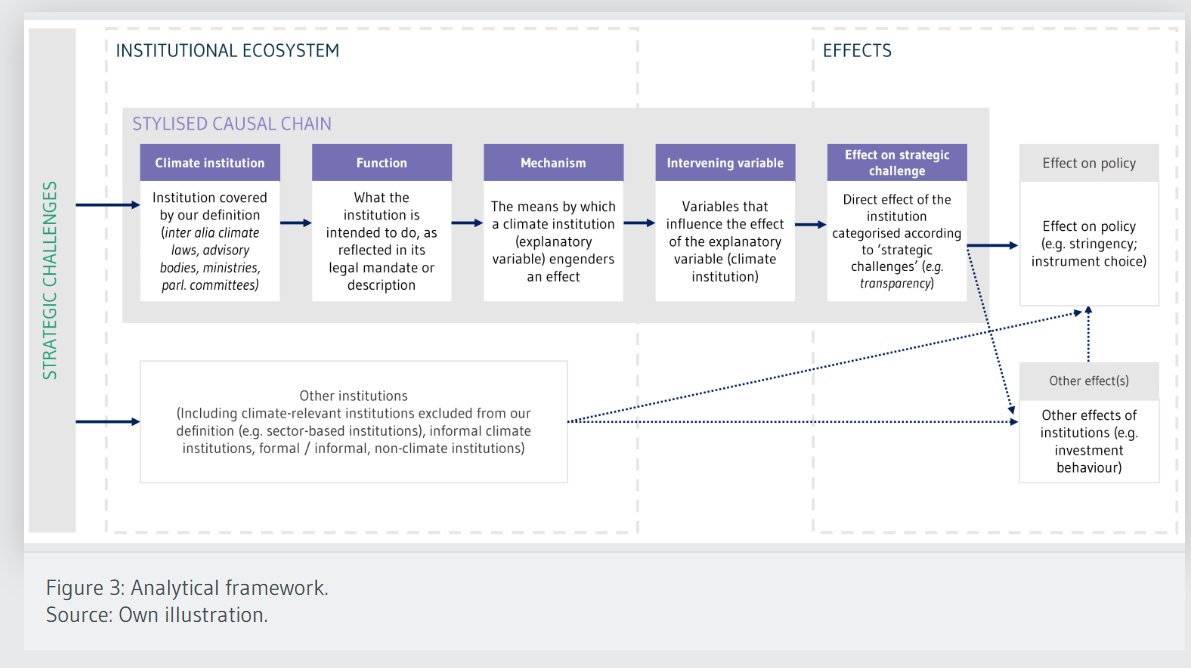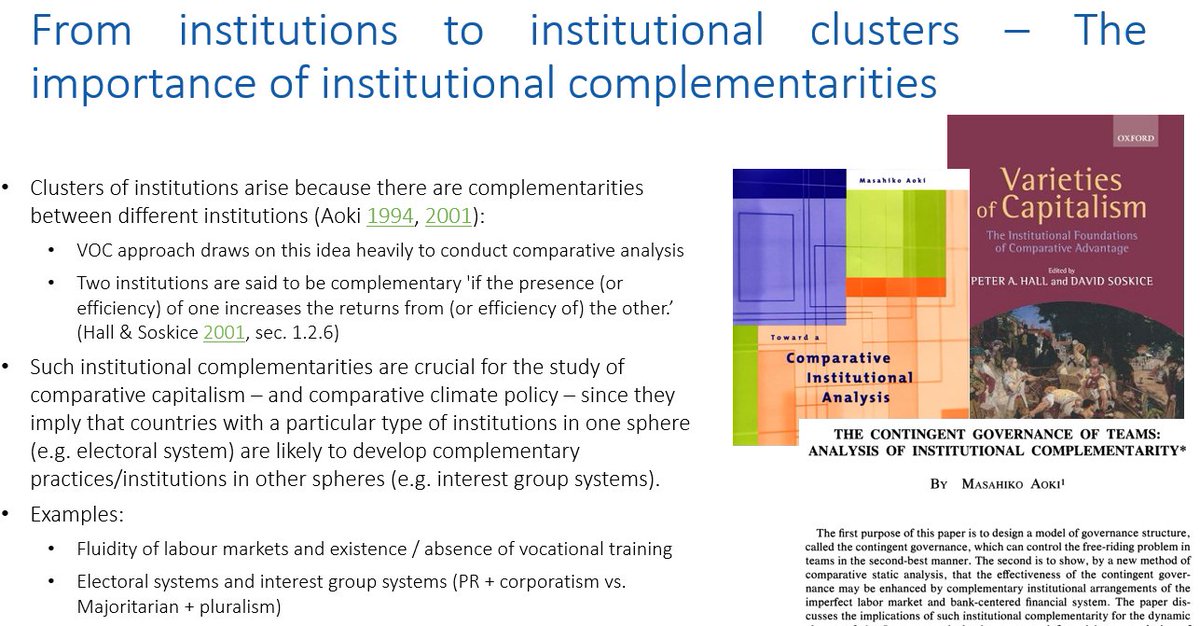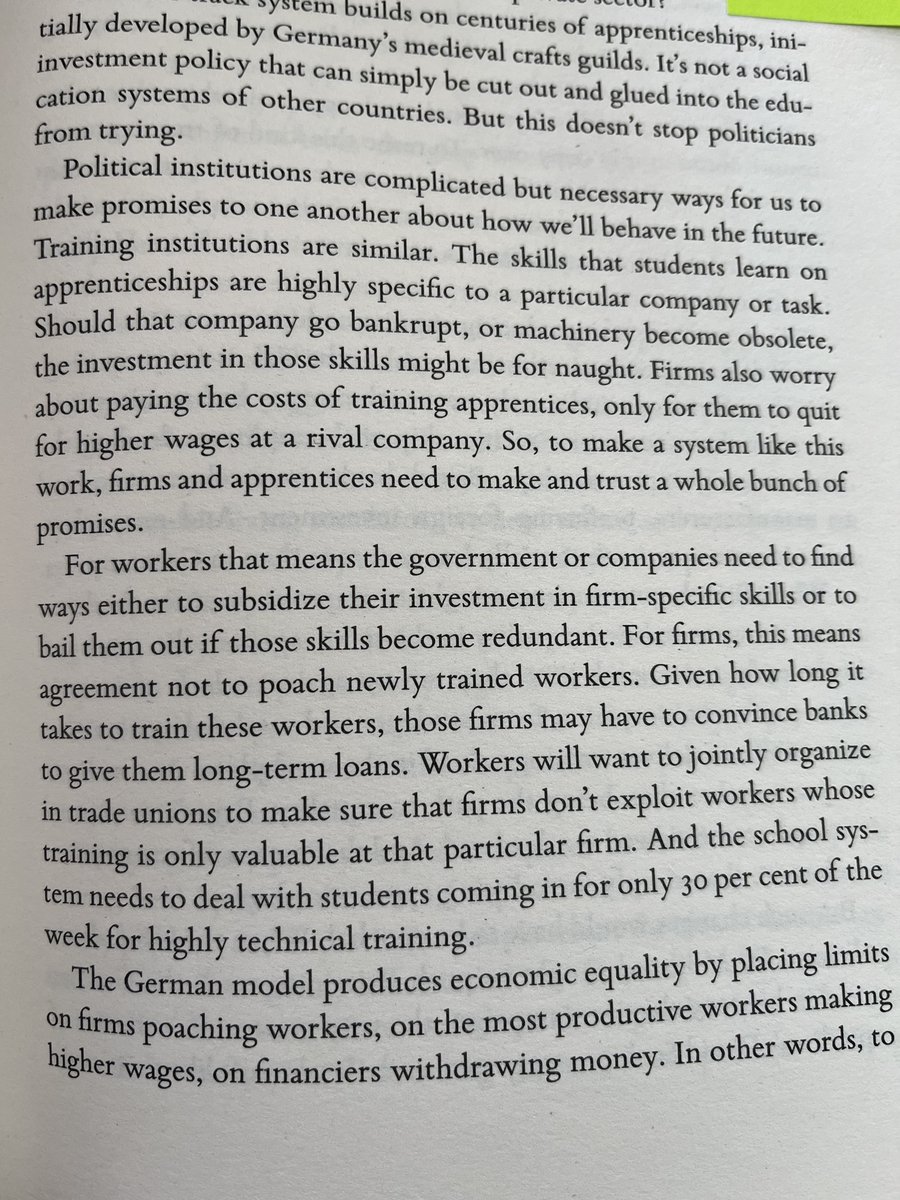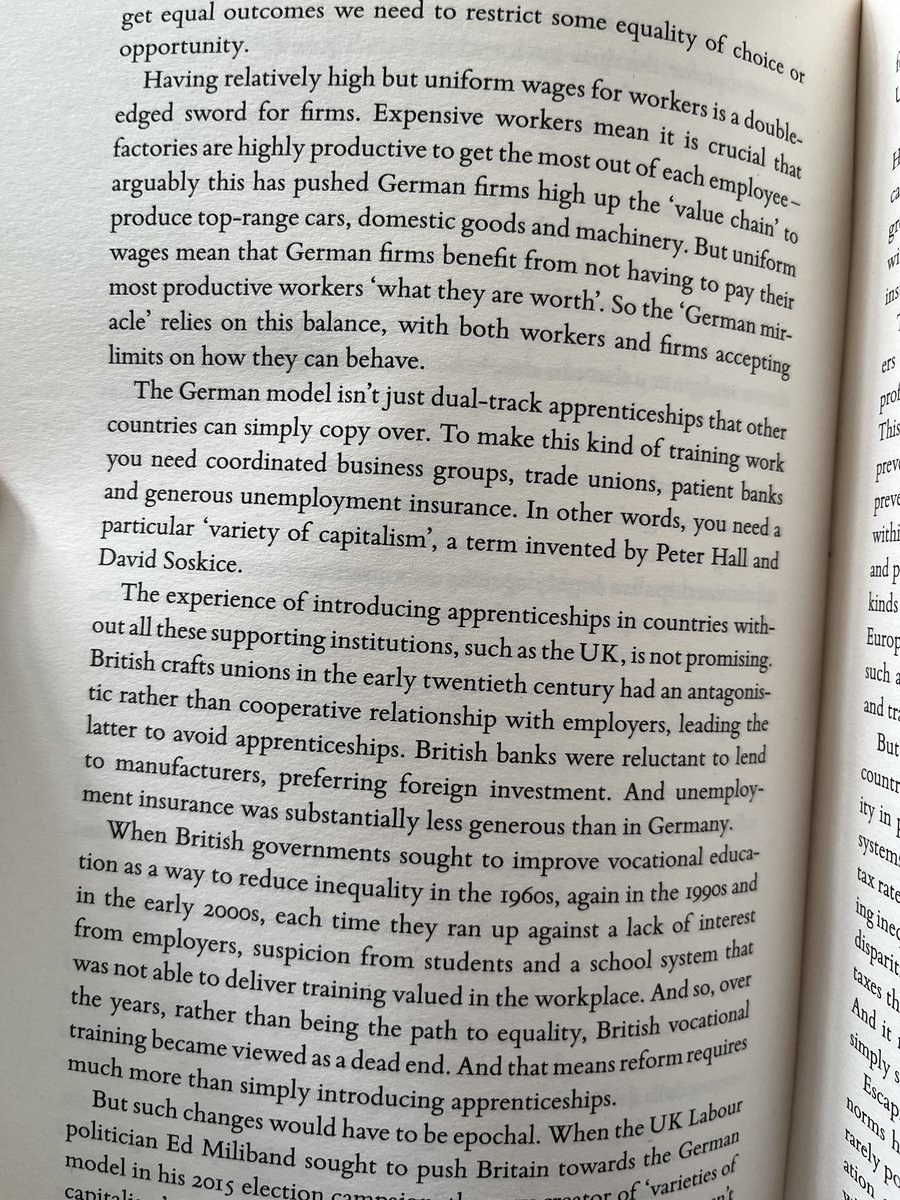The economic geography of the knowledge economy meets the political geography of a single-member district, plurality electoral system
https://twitter.com/wesyang/status/1817713653832962182
See Jonathan Rodden's well-known book, though I'd also recommend ...
amazon.de/-/en/Jonathan-…
amazon.de/-/en/Jonathan-…
having a look at his more recent work, notably his chapter in the HPE handbook (edited by @jaj7d and @jaredcrubin) as well as his ...
academic.oup.com/edited-volume/…

academic.oup.com/edited-volume/…

@cps_journal piece with Twan Huijsmans
journals.sagepub.com/doi/10.1177/00…
journals.sagepub.com/doi/10.1177/00…
More on political geography:
See @p_beramendi's path-breaking book cambridge.org/core/books/pol…
See @p_beramendi's path-breaking book cambridge.org/core/books/pol…
Jurado, Ignacio, and Sandra León. 2019. ‘Geography Matters: The Conditional Effect of Electoral Systems on Social Spending’. @BJPolS 49(1): 81–103. cambridge.org/core/journals/…
Maxwell, Rahsaan. 2020. ‘Geographic Divides and Cosmopolitanism: Evidence From Switzerland’. @cps_journal 53(13): 2061–90. doi.org/10.1177/001041…
@SJRickard 2018. Spending to Win: Political Institutions, Economic Geography, and Government Subsidies. Cambridge: Cambridge University Press. cambridge.org/core/books/spe…
@SJRickard. 2020. ‘Economic Geography, Politics, and Policy’. Annual Review of Political Science 23(1): 187–202. doi.org/10.1146/annure…
@amycatalinac, Bruce Bueno De Mesquita, and Alastair Smith. 2020. ‘A Tournament Theory of Pork Barrel Politics: The Case of Japan’. @cps_journal 53(10–11): 1619–55. journals.sagepub.com/doi/10.1177/00…
@amycatalinac, and Lucia Motolinia. 2021. ‘Why Geographically-Targeted Spending Under Closed-List Proportional Representation Favors Marginal Districts’. @ElectoralStdies 71: 102329. sciencedirect.com/science/articl…
@amycatalinac, and Lucia Motolinia. 2021. ‘Geographically Targeted Spending in Mixed-Member Majoritarian Electoral Systems’. @World_Pol 73(4): 668–711. cambridge.org/core/journals/…
Wiedemann, Andreas. 2024. ‘Redistributive Politics under Spatial Inequality’. @The_JOP 86(3): 1013–30. journals.uchicago.edu/doi/10.1086/72…
On the economic side:
@paulkrugman. 1992. Geography and Trade. Cambridge, MA: MIT Press.
mitpress.mit.edu/9780262610865/…
@paulkrugman. 1992. Geography and Trade. Cambridge, MA: MIT Press.
mitpress.mit.edu/9780262610865/…
Diamond, Rebecca, and Cecile Gaubert. 2022. ‘Spatial Sorting and Inequality’. Annual Review of Economics 14(Volume 14, 2022): 795–819. annualreviews.org/content/journa…
Moretti, Enrico. 2012. The New Geography of Jobs. Houghton Mifflin Harcourt.
amazon.com/New-Geography-…
amazon.com/New-Geography-…
Moretti, Enrico. 2024. ‘Place-Based Policies and Geographical Inequalities’. Oxford Open Economics 3(Supplement_1): i625–33. academic.oup.com/ooec/article/3…
Moretti, Enrico, and Moises Yi. 2024. ‘Size Matters: Matching Externalities and the Advantages of Large Labor Markets’. nber.org/papers/w32250
Dauth, Wolfgang, Sebastian Findeisen, Enrico Moretti, and @jsuedekum. 2022. ‘Matching in Cities’. @JEEA_News 20(4): 1478–1521. doi.org/10.1093/jeea/j…
@TimBartik. 2020. ‘Using Place-Based Jobs Policies to Help Distressed Communities’. Journal of Economic Perspectives 34(3): 99–127. aeaweb.org/articles?id=10…
@TimBartik @threadreaderapp unroll
• • •
Missing some Tweet in this thread? You can try to
force a refresh











